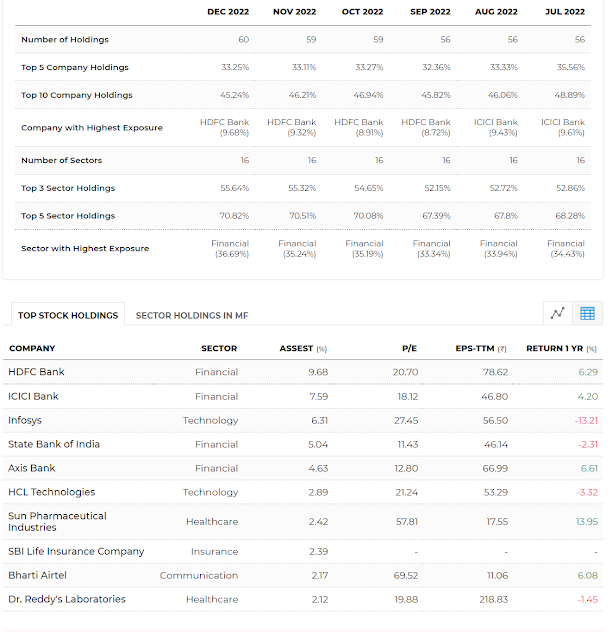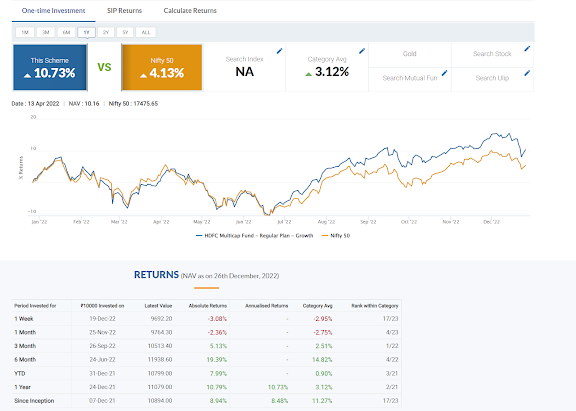Mutual Funds to be Avoided - A retail investor's perspective
[A] Introduction: Mutual funds' asset under management (AUM) in India is 39.42 trillion Indian rupees (INR) as on March 31, 2023. Indian mutual fund industry has come a long way since its inception. With nearly 62.8 million SIP accounts, the awareness of mutual fund is increasing day by day. The industry is one of the most well regulated (SEBI is the regulator) and is quite reasonably transparent. SEBI is working day and night to keep it that way. The trust that it has gained amongst the investors is quite high. But with nearly 26 types of mutual funds under various categories like equity, debt, hybrid, solution oriented etc., an average mutual fund investor is left with too many choices to choose from. This article is written in as simple language as possible to help the retail investors understand that there are some types of mutual funds, that are generally not meant for an average investor. Though I do not mean to imply that these are useless types of ...

